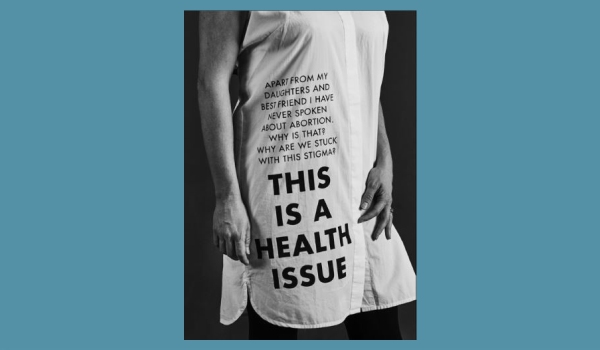
by Lisa Hallgarten
Lancet, 9 May 2018 DOI: https://doi.org/10.1016/S0140-6736(18)31036-5
Excerpts
“A Nigerian obstetrician once asked me why I didn’t – as he did in his campaigning work – display photographs of haemorrhaging teenage girls, perforated uteri, and prolapsed bowels: the images from the front-line of his daily battle against death from unsafe abortion. In high-income countries with permissive legal regimes and fairly easy access to safe abortion services, people are protected from the bloody consequences of illegal abortion. It has been an easy badge of honour for pro-choice advocates that we draw on research and avoid mirroring the inflammatory language and graphic imagery used by some anti-abortion groups.
“Equally, many pro-choice advocates have avoided the subjective, the emotive, or the personal. I have spent nearly 20 years talking, writing, and teaching about abortion, but I have never talked about the abortions I have or haven’t had. It has been something of an orthodoxy for me and those I have trained and mentored that talking about your personal experience in an educational or political context can deplete your authority and reduce your ability to facilitate an evidence-based impartial discussion.
“For some women abortion really is complicated. Pregnancy may prise the lid off a can of worms of unresolved emotional issues, relationship fragility, housing and economic issues, medical complications, abuse, and more. But some women’s abortion stories are prosaic: the woman who does not find the decision to have an abortion impossibly difficult; the woman who is delighted to encounter caring staff when she goes for her abortion; the woman who is relieved, maybe even empowered, by the experience. Nevertheless, the dominant narrative insists that every abortion is a tragedy and the hardest decision a woman will ever make. In this context, it feels almost transgressive to express anything more nuanced let alone positive. As a result, many aspects of women’s real abortion experiences remain absent from public discourse…
[Through several projects this year, I have learned…] “that not only is there a need to hear people’s stories but also that there is an overwhelming need to tell them. If you provide a platform to talk about people’s experiences of abortion, the stories will come tumbling forth. And this telling and retelling helps us all. It helps to normalise something that is a common experience for women across the world, irrespective of the legality, accessibility, or safety of abortion. Telling and sharing these narratives helps people to place their own story in context, and can help to change hearts and minds…
“Stories know no borders. Women around the world who risk criminalisation, injury, and death from illegal and unsafe abortion every day are hearing and sharing stories too and it is this that will help to change laws and save lives everywhere…”



